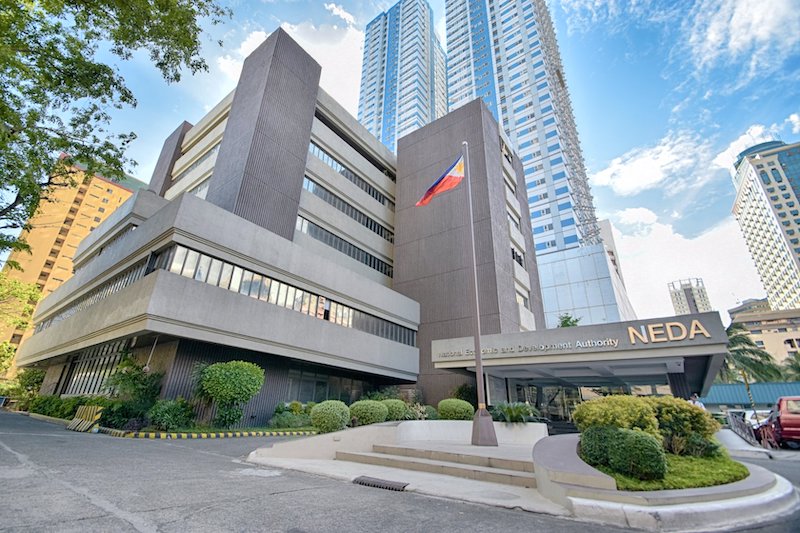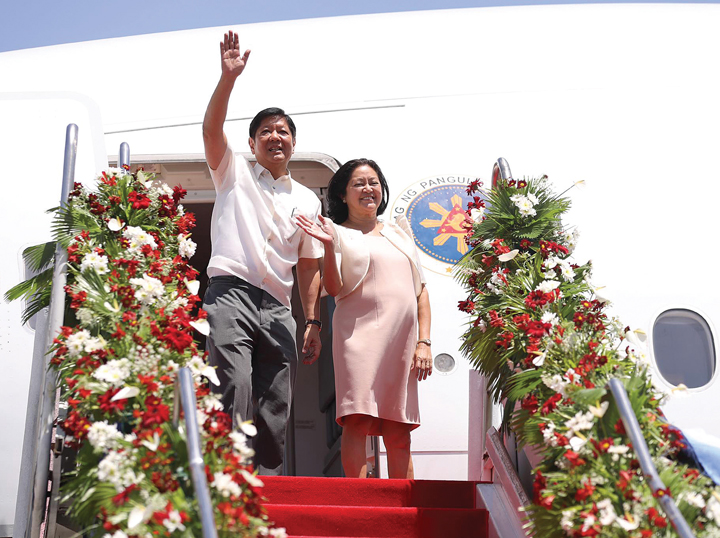UNFAVORABLE economic conditions currently affecting other wealth funds abroad must not prejudice the country’s decision to set up the Maharlika Investment Fund (MIF), according to the National Economic and Development Authority (Neda).
In a joint Senate Banks committee hearing on Wednesday, Neda Undersecretary Rosemarie G. Edillon said a long-term view should be used as a gauge when it comes to setting up these kinds of investment funds.
Edillon said, in reaction to Senate President Pro Tempore Loren Legarda’s earlier query, that Norway’s wealth fund was recently in the news as it suffered from $164 billion in losses in 2022. But, she stressed. this was largely due to the war in Ukraine, rising commodity prices, and high interest rates.
“The Chair is right that we have to look at it (setting up an MIF) over a longer time period,” Edillon said. “Their losses last year were really a combination of the war in Europe, the high inflation rate, and the high interest rates.”
In the 10-year history of Norway’s sovereign wealth fund, Edillon said, it suffered from losses twice. The first was during the Global Financial Crisis and in 2022 due to the reasons she mentioned.
Edillon said despite these years when the fund suffered “negative returns,” the past 10 years saw the fund post an average return of 12 percent annually.
Meanwhile, at the hearing—the first in the Senate—Bangko Sentral ng Pilipinas (BSP) Governor Felipe M. Medalla expressed the central bank’s support for Senate Bill 1670 or the Maharlika Investment Fund (MIF) act filed by Senator Mark Villar, also the Baanks panel chairman.
BSP capital buildup delayed
Medalla said the BSP supports provisions that pertain to the central bank, particularly on its dividends. The BSP said while this will postpone the capitalization of the central bank, its balance sheet will be able to support the funds that it can contribute to the creation of the fund.
“This postpones the buildup of the capitalization of BSP, but at this point our balance sheet is quite good and we could easily take the postponement,” Medalla said.
The BSP also expressed support for the provisions that allow the central bank to extend regulatory relief to the Development Bank of the Philippines (DBP) and Land Bank of the Philippines (LBP) despite points raised by critics that this would be a competition issue.
“Some critics may say that it gives undue advantage to LandBank and DBP relative to private banks, but one must be aware too that LandBank and DBP are also quite restricted by their mandates and don’t really directly compete very much with the private banks. So we do not see that as a major problem,” Medalla said.
Earlier, Socioeconomic Planning Secretary Arsenio M. Balisacan, the Neda chief, said MIF could be tapped as another source of funding for infrastructure projects similar to Official Development Assistance (ODA) and the National Budget.
Balisacan said if the approval of the MIF could be done earlier, that would be better for the Philippine Development Plan (PDP). The fund, he said, could complement the implementation of the country’s socioeconomic blueprint.
Using the MIF for infrastructure projects, Balisacan said, would be helpful given the narrow fiscal space the government now has after Covid-19-related spending.
The aim of the fund, Balisacan said, is to pool funds together so that the government can invest them in critical areas such as those for infrastructure development.
What is important is for the fund to have a mixed portfolio on where to invest and ensure that its investments are maximized.




































